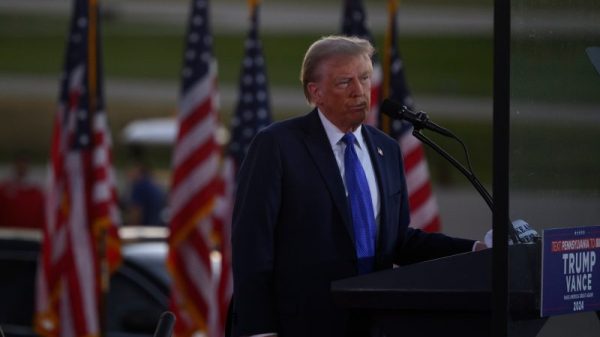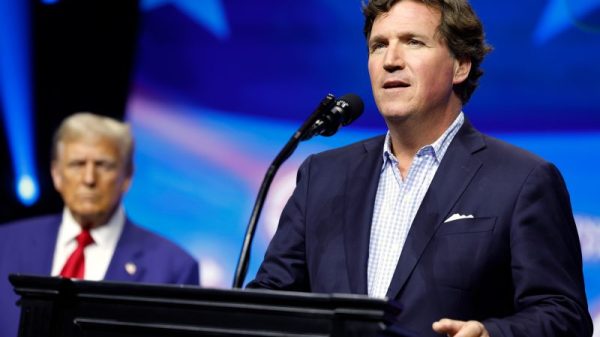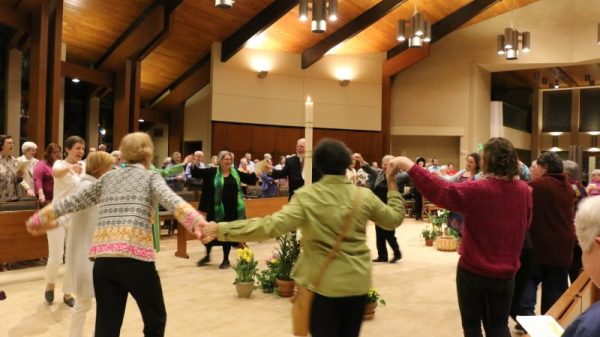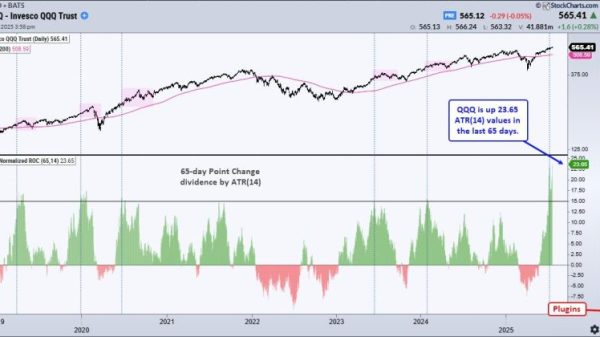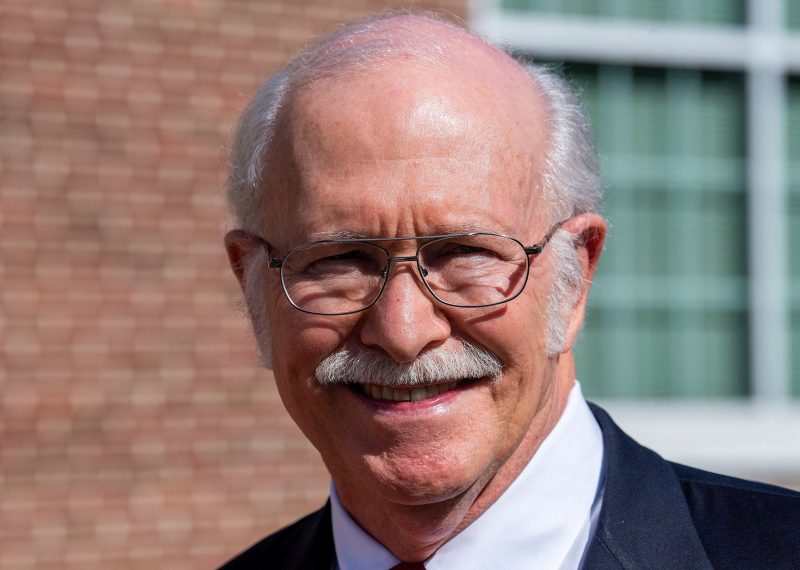In the Alabama Supreme Court ruling that said frozen embryos are people, Chief Justice Tom Parker wrote a concurring opinion that sought to define the “sanctity of unborn life,” citing heavily from scripture and theology. His opinion, which drew criticism from abortion rights activists for instilling religious beliefs into a judicial decision, was the latest in nearly 20 years on the bench in which he has repeatedly invoked religion on his way to laying the groundwork to overturn Roe v. Wade.
Parker has also openly criticized other judges for not sufficiently considering religion in their rulings and has expressed support for the theory known as the Seven Mountain Mandate, which calls for conservative Christians to run the government and broadly influence American life.
Parker, 72, was first elected to the Alabama Supreme Court in 2004 and won the chief justice’s seat in 2018. His term ends in 2025; state law prohibits judges older than 70 from being elected.Parker has for years been lauded by abortion foes and condemned by reproductive rights advocates for writing opinions that would help spawn the fall of Roe and further restrict abortion access.
Parker repeatedly invoked scripture in his ruling, arguing that Alabama law is based on theology that says God created every person “in His image.” He and the other justices in the 8-1 majority said that life begins at conception and that therefore frozen embryos are protected under the law.
“Human life cannot be wrongfully destroyed without incurring the wrath of a holy God,” Parker wrote in his concurring opinion.
He added that state code recognizes “unborn human life,” and that destroying it — including frozen embryos — is an affront to God.
“All human beings bear the image of God, and their lives cannot be destroyed without effacing his glory,” he wrote.
He also referred to the writings of a 17th-century theologian as evidence that people were created in God’s image.
“The principle itself — that human life is fundamentally distinct from other forms of life and cannot be taken intentionally without justification — has deep roots that reach back to the creation of man ‘in the image of God,’” he wrote, citing the book of Genesis.
The chief justice also tried to swat away concerns that the ruling would imperil in vitro fertilization (IVF) in Alabama, suggesting that the legislature could restrict IVF embryos to one or two at a time to reduce the number that are destroyed while allowing the procedure.
At least three fertility clinics have since paused operations in the state, and Republicans nationwide have sought to distance themselves from IVF restrictions.
Republicans and Democrats in the Alabama legislature have been working to introduce legislation to protect IVF access.
Parker went on to write that, in passing a ballot initiative defining life beginning at conception, “the People of Alabama took what was spoken of the prophet Jeremiah and applied it to every unborn person in this state.”
“[Alabamians] have required us to treat every human being in accordance with the fear of a holy God who made them in His image,” he wrote in his conclusion.
Parker did not immediately respond to The Washington Post’s requests for comment Saturday afternoon.
Parker served as an assistant attorney general under Jeff Sessions, who would go on to become U.S. attorney general in the Trump administration. He was an aide to Roy Moore on the state Supreme Court in 2000 until Moore was dismissed in 2003 for ignoring a federal court order to remove a Ten Commandments monument he had ordered installed in the judicial building.
After Parker was elected to the state’s high court in 2004, he went to Washington to take the oath of office. Supreme Court Justice Clarence Thomas, one of his role models, presided.
Once on the bench, Parker routinely invoked scripture, criticizing his peers who didn’t.
“When judges don’t rule in the fear of the Lord, everything’s falling apart,” he once wrote, according to a 2014 ProPublica investigation. “The whole world is coming unglued.”
He frequently heard cases that allowed him to write opinions on fetuses and human life.
“Today, the only major area in which unborn children are denied legal protection is abortion,” he wrote in one case, according to ProPublica, “and that denial is only because of the dictates of Roe.”
He also wrote that Roe was wrong in arguing that states couldn’t ban abortions before viability.
Mississippi cited that line of reasoning in its case to challenge Roe at the U.S. Supreme Court, a move his supporters say helped pave the way for Roe’s fall in 2022.
Parker has often expressed support for the Seven Mountain Mandate, a theory that conservative Christians in America should use fundamentalist beliefs to influence and run government, education and media, among seven key areas of life. Its supporters have sought to restrict reproductive care while allowing discrimination of LGBTQ+ people for religious beliefs.
Last week, the same day the Alabama Supreme Court released its embryo decision and Parker’s concurrent ruling, the chief justice said in an online broadcast that “God created government” and that Christians should take it back from the “possession” of others.
The comments came during an interview with QAnon supporter Johnny Enlow, author of “The Seven Mountain Prophecy.” Enlow describes Parker as a “true pioneer” of the movement, while Parker thanked Enlow for promoting the Seven Mountain Mandate. The interview was reported by Media Matters for America, a liberal watchdog group.
Parker added in the interview that the country’s original form of government was based on the Bible, a common view of supporters of the Seven Mountain Mandate, and that its laws should reflect that. Scholars have criticized that interpretation, the Associated Press reports.
Still, Parker’s support for the movement is not new.
“The very God of Holy Scriptures, the Creator, is the source of law, life, and liberty,” he said in 2005 on his first day as a justice, according to ProPublica.






